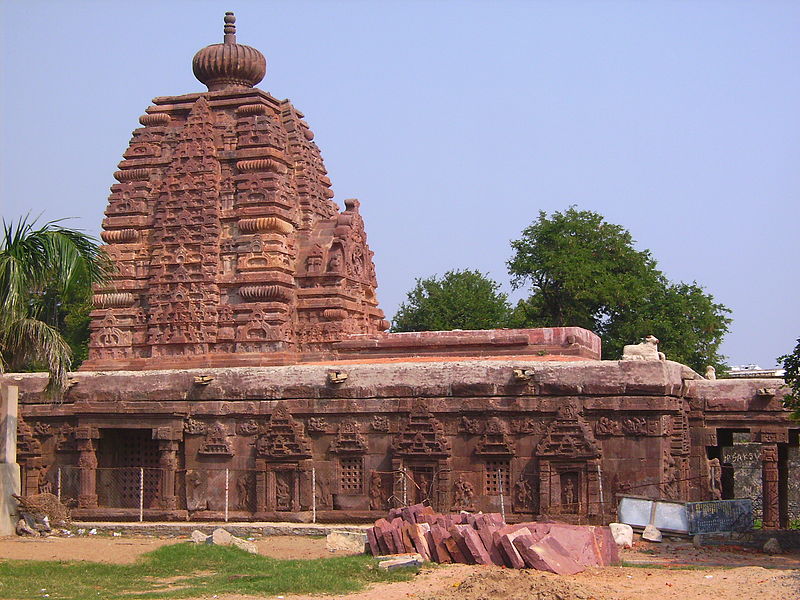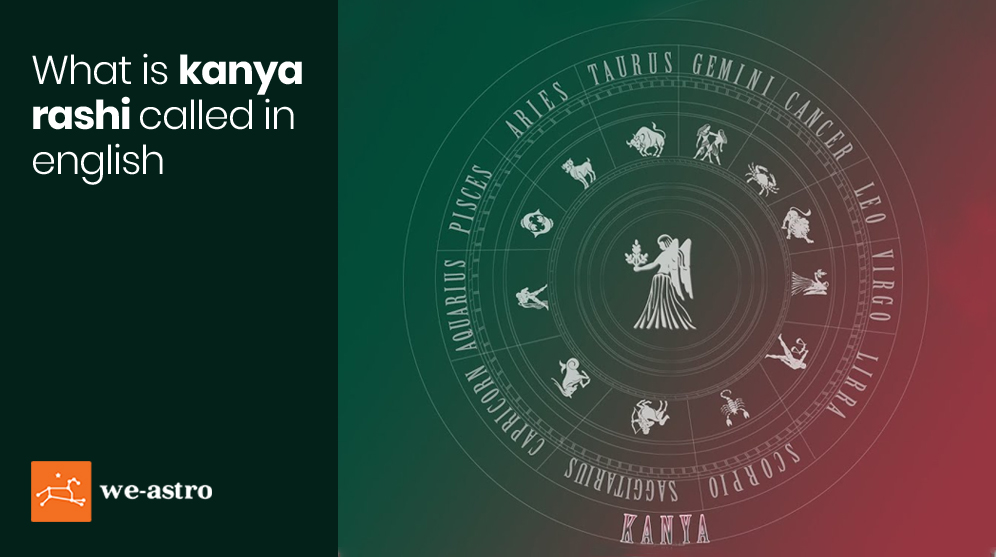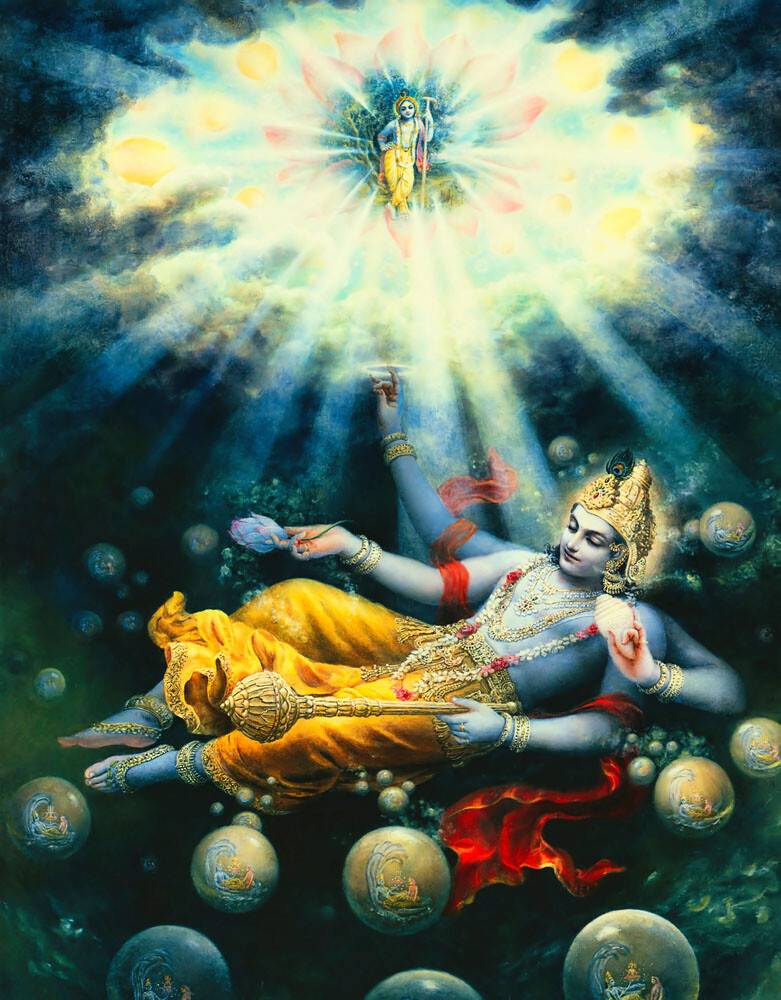"Patterns of Purity: An Artistic Journey into Alpana Design"
"Explore Alpana design, a traditional Hindu art form used for ritualistic purposes, symbolizing auspiciousness and spiritual purity in Hinduism."

Alpana, an integral part of Hindu tradition, is a form of art that is predominantly seen in West Bengal and its neighboring regions. Derived from the Sanskrit word 'Alimpana', it denotes colorful motifs or designs painted on floors and walls during auspicious events and rituals. These intricate, geometric designs are a testament to the vibrant culture and rich artistic heritage of India, specifically Hinduism.
Traditionally, Alpana designs were created by women using rice flour mixed with water, which served two purposes. Firstly, it was an eco-friendly option that didn't harm the environment and secondly, it acted as a source of food for ants and birds, symbolizing coexistence and respect for all life forms. Over time, the materials used for Alpana have evolved and now include a wide variety of colors, pastes, and chalk.
Each Alpana design carries a significant symbolic meaning related to Hindu mythology and spirituality. The lotus pattern symbolizes Goddess Lakshmi, the deity of wealth and prosperity, whereas the swastika represents good fortune and wellbeing. The circular patterns often represent the cyclical nature of life, a core concept of Hindu philosophy.
Alpana is not just an art form; it's a spiritual practice that showcases the essence of Hindu philosophy. It's a bridge between the divine and the mundane, a means to invite the deities to grace occasions with their presence. Despite the advent of modernization, Alpana has retained its essence, and continues to be an intrinsic part of Hindu rituals, festivals, and traditions.
These mesmerizing patterns are not just confined to the walls of temples or homes. They have found their way into various strata of the society, adorning public spaces during festivals and even being incorporated into modern art and design. The enduring appeal of Alpana is a testament to its deep roots in the ethos of Indian culture and Hindu traditions. It is more than just an art form; it's a timeless tradition that continues to bind the Indian community together, providing a spiritual anchor in an ever-changing world.




